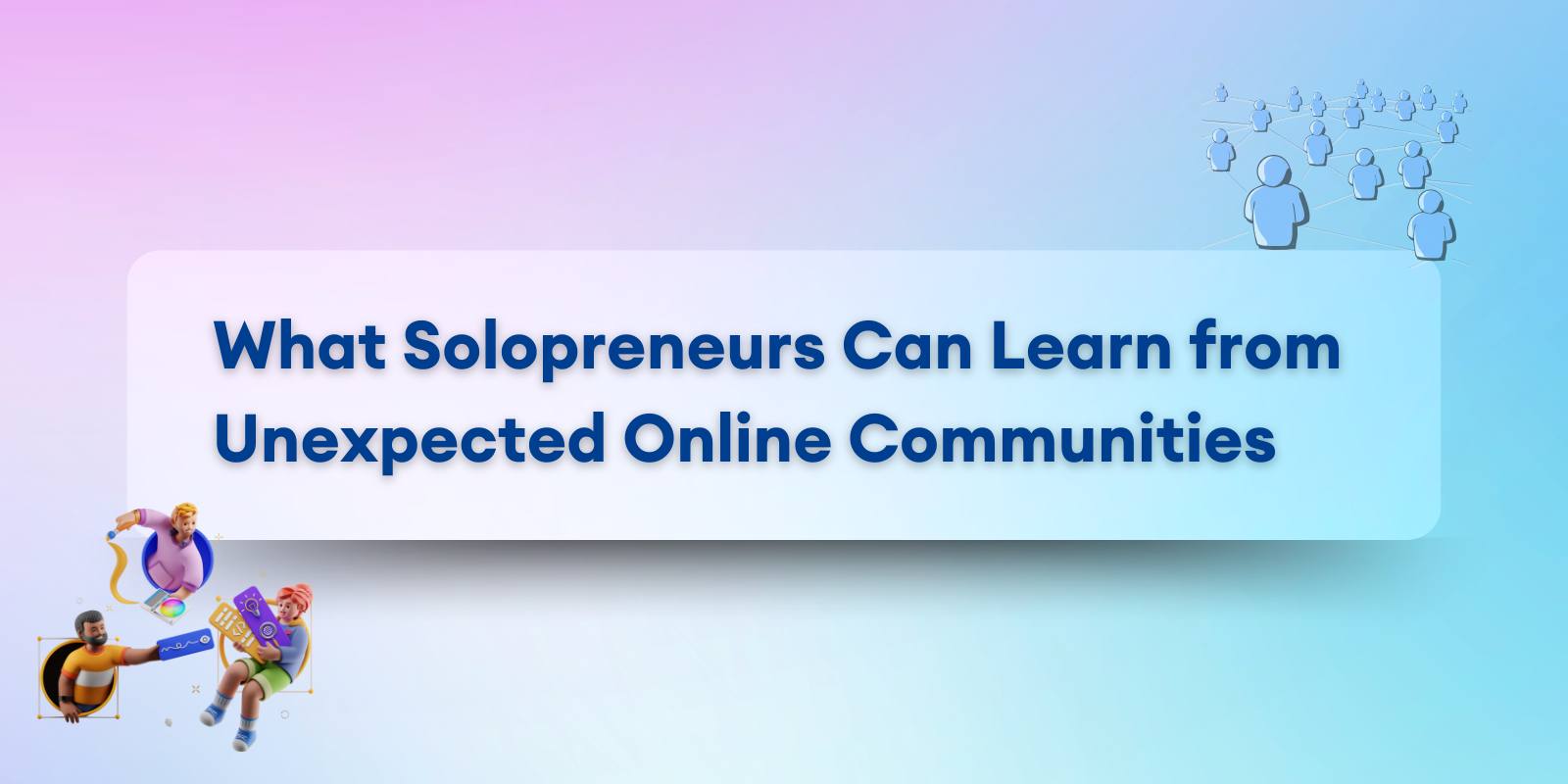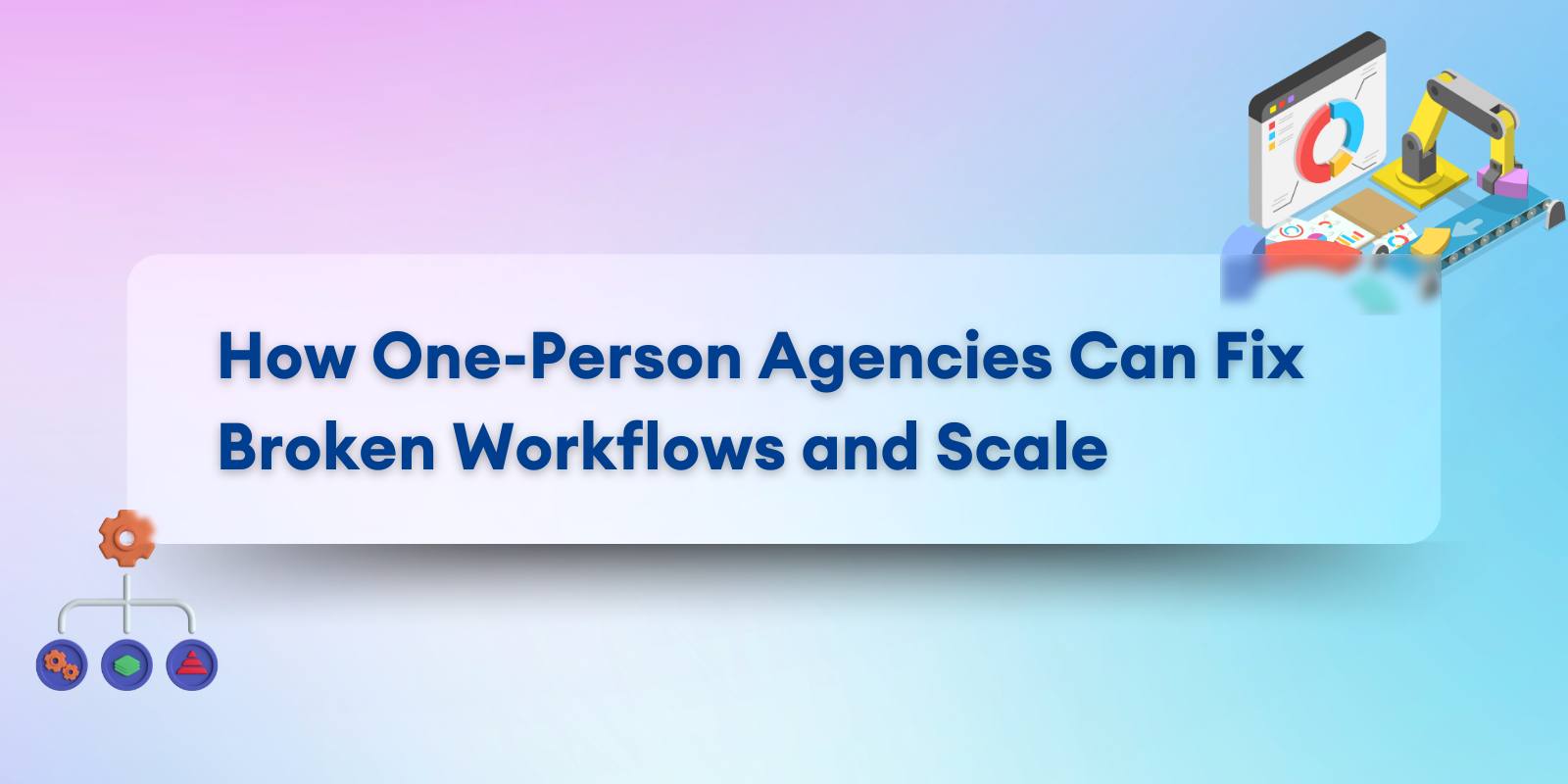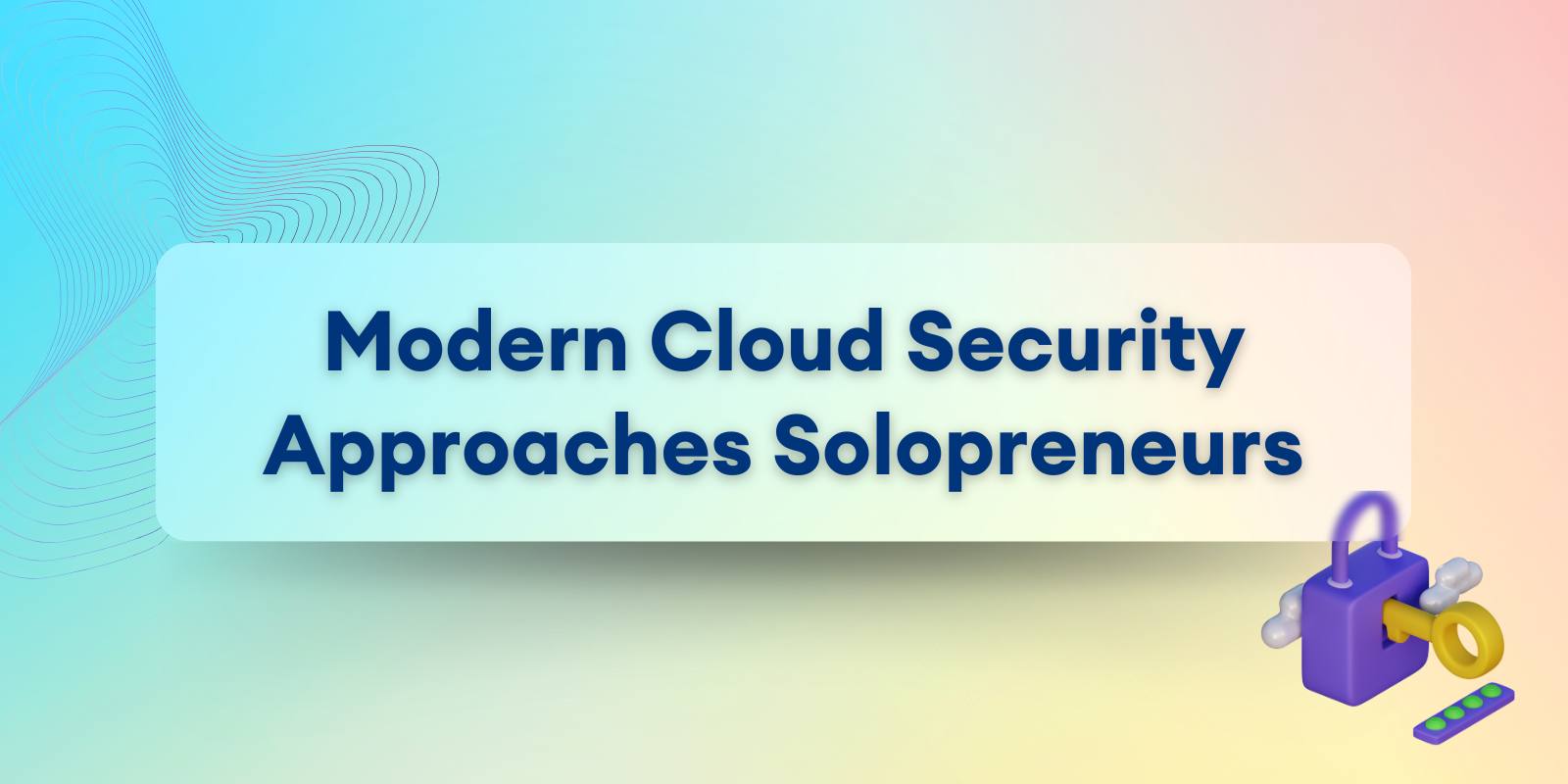
In today's fast-paced digital world, starting a business as a student is more possible than ever before.
Although it requires considerable effort, hard work, and a strong desire, it is achievable!
You might know that SaaS has been topping lists of the best business models for several years. Cloud-based startups are very promising. Many IT giants, like Google, Apple, and Adobe, have adopted the model.
This article will discuss strategies for students who want to come up with an idea for a SaaS product and start their entrepreneurial journey.
Understanding SaaS, and Starting One as a Student
SaaS, which stands for Software as a Service, is a model that allows individuals to utilize cloud-based applications through the Internet. In essence, SaaS offers a comprehensive software solution obtainable through a pay-as-you-go arrangement from a cloud service provider. This way, users can access and use software without the need for extensive local installations.
As we have already mentioned, developing a SaaS product isn't a simple undertaking.
For a student who embarks on this journey while still in college, a delicate balance must be struck.
Delving deep into the subject matter and committing ample time to the development process is crucial.
Yet, it's important to acknowledge that academic pursuits, such as maintaining college grades, also demand a substantial portion of one's time.
Considering these challenges, a strategic approach could involve integrating the SaaS development venture into the academic curriculum itself.
By adopting the project as a part of coursework or aligning it with the curriculum's objectives, students can ensure their educational and entrepreneurial endeavors complement each other. This approach not only enables students to gain practical experience but also allows them to tap into valuable resources and mentorship available within the academic environment. (If you're an MBA student, make sure to check out these MBA project ideas)
However, the demands of academia and project development can still lead to time constraints, especially when it comes to comprehensive tasks like research paper writing. This is where services like Papersowl can come to the rescue. Students engaged in ambitious projects, including their SaaS ventures, can leverage research paper writing services to effectively manage their academic commitments. This can help strike a balance between project development and academic success, allowing you to excel in both.
“It is a perfect way to do your research paper at Papersowl, I get great grades and have a lot of spare time for more important things” - says one of the student testimonials on the Papersowl website.
In essence, by tactfully intertwining SaaS development with academic pursuits, students can navigate the complex landscape of entrepreneurship and education more seamlessly.
SaaS is Still a Growing Market
While the SaaS industry is quite popular and saturated, there is still a lot of room for more innovation and technology solutions.
What is usually inherent in SaaS products?
Typically, it provides access to services on a subscription flexible pricing plan basis. In doing so, developers often introduce several packages to suit different cohorts of people. It is also common practice to provide a free trial period to pre-test the product in its early stages. In such a case, subscriptions benefit developers and customers, who don't have to worry about maintenance and other hassles. Users are frequently charged a monthly or annual fee for using the software. Another system called pay-as-you-use is not so common.
By 2023, the global cloud computing market is projected to be worth $60.36 billion, a compound annual growth rate of 9% over a four-year period, according to Technavio.
So, creating a SaaS product is a great idea for students who want to create startups. Although developing cloud services is not easy, it does not mean you should not try.
Why Student Entrepreneurs Have a Distinct Advantage?
In the dynamic world of entrepreneurship, motivated students have a number of unique opportunities. As an entrepreneurial alumnus, you benefit from the time, energy, and fresh perspective to drive innovation and move your unique business ideas forward. Here are some of these possibilities:
- Learning environment. Educational institutions create circumstances conducive to learning and growth. Whether you're studying business, technology, or any other field, you have access to a wealth of resources and mentorship. Also, your fellow classmates or professors could offer you SaaS product ideas to start a business. Any concepts have their value in overcoming the complexities of entrepreneurship.
- Risk tolerance. Students generally have a higher risk tolerance than others. The willingness to take calculated risks is an important aspect of launching a great product. At this stage in life, you have less to lose, which allows you to explore innovative ideas, different approaches, experiments, and so on.
- Innovation. The student's thinking is innovative and fresh. You regularly learn about new thoughts, technologies, and trends. Such exposure encourages unconventional thinking and the capacity to spot market gaps that others might miss. Exploiting creativity led to the development of unique and revolutionary SaaS product ideas in 2023.
- Flexible schedule. Unlike people who work full-time, students often have more flexible hours. You could schedule time for business endeavors in addition to your academic pursuits. While it may be challenging to combine both, you gain valuable experience without putting your education on hold. Moreover, you can always go for a healthy alternative to spending sleepless nights because of short deadlines for your assignments and pay for essay writing to unload your busy schedule. Turning to an experienced writer for assistance is one of the strategic decisions that can help you become more productive.
- Digital skills. As members of the digital generation, young people are well-versed in technology and digital platforms. High-level digital proficiency is the key to success in developing and marketing SaaS products. In addition to being comfortable using social media and online tools, you effectively engage users and reach a larger audience.
- Early market entry. Starting your entrepreneurial journey gives you an edge over others. Foremost, in building the development of a SaaS business idea and establishing a presence in the market. Over time, your SaaS product will evolve, making you a seasoned player in your niche as the business environment evolves.
- Adaptability. Who, if not students, are the most stress-resistant and quickly adapt to new challenges. The rapidly changing nature of the business world requires constant adaptation and learning. As an innovator, your ability to quickly adapt to change, learn new skills, and embrace new technologies sets you apart in a competitive SaaS environment.
A 908 Feet View on Starting a SaaS Business as a Student
Having dealt with the prospects of cloud-based software, it's time to talk about what steps you need to take to launch your product.
The journey is full of challenges and rewards, from identifying a niche and understanding a problem to generating unique ideas, testing concepts, and launching the best SaaS product. Even so, the result will please you if everything is done correctly.
Identifying the Niche and the Problem
At the heart of every successful product is a well-defined niche and a major problem to be solved. Thus, identifying a niche and understanding the underlying issue are fundamental steps in determining your business's trajectory.
Here's what to look out for:
- Market research. To begin with, you should study the market to identify the most promising growth potential niches. Study industries are changing, have issues, or are ripe for innovation. Pay attention to emerging trends and changing consumer behavior.
- Competition analysis. Analyze the competition in your chosen niches. To achieve this, answer these questions. Are there niches in the market that your SaaS product could fill? Can you offer a unique offering that sets you apart from existing solutions?
- Your wishes. Consider areas that match your passion, experience, and interests. Building a successful SaaS business requires dedication and in-depth knowledge. Your enthusiasm for the niche serves as a driving force during difficult times.
Once you decide on a niche, you must understand the users' challenges. Understanding their challenges is critical to creating a SaaS solution that supports users. Put yourself in their shoes to understand their pain points, frustrations, and unmet needs. Besides, you conduct surveys or interviews to get information directly from potential users. All is necessary to decide on the further idea (or several) you’ll implement.
Finding SaaS Ideas
A good product idea always has its roots in a real problem. Your product must meet the market's needs or solve problems real people or companies face. Thus, you need to understand your product's value to users.
Don't cling to the initial notion of business, but develop your idea as you gain more information.
Successful strategies are based on real information, not intuition.
But how do you know that your SaaS ideas to make money are well-defined?
Ask yourself the following questions:
- Can I clearly communicate the usefulness of a product in 30 seconds?
- Does the business plan resonate with potential customers in my target market?
- If your idea belonged to someone else, would you have to invest in it?
- Can I back up the relevance of the real data hypothesis?
Improving your idea entails enhancing the value of the product. So, take the time to refine your topic and value proposition. It is essential to create a successful SaaS for small business products.
Developing and Launching a SaaS MVP
MVP, or minimum viable product, is a key tool for any startup.
Creating such a product with the lowest possible investment helps you test your idea, get feedback, and start working on improvements.
By releasing an early version of the product, you create the next version over time using the knowledge gained from the MVP. Here are the basic rules to follow when creating a minimum viable product:
- Keep it simple. The main idea of the MVP approach is to test your hypothesis on the minimum version of the product. Some companies even implement an even simpler version before building a prototype. Be as it may, you will not lose your concept.
- Keep it lean: Embrace no-code to keep the costs & ops super lean. The traditional way would have been to hire a team of developers, an agency or a dev shop, an IT infrastructure management provider, etc... The need for all of these is obviated with the no-code MVP approach.
- Focus on a specific idea. Add the most important feature for your users, which is what drives your business concept. Add extra features later. You count your MVP as successful if you deliver the core value proposition.
- Getting feedback is the most critical part. Ask your users for feedback and determine what they think of MVP. What they like, don't like, and what features they lack. The value of such reviews is difficult to overestimate for a startup. Also, you need to approach such information humbly. A willingness to learn and develop your product increases your chances of success.
- Get ready to develop. Remember — the minimum viable product is your starting point. Change the product based on user feedback. Schedule improvements to your app as soon as you get enough feedback.
Building an MVP is the best way to test your startup idea. This way, you test your hypothesis on real users, collect feedback, and improve based on feedback. The main thing is to be ready for changes and consider user reviews.
Final Words
To wrap it up, starting a SaaS business while being a student can be a great move.
Just remember, finding ideas and using your student perks smartly can give you an edge.
It's a juggling act between academics and your business, but you've got this.
So, dive into SaaS, mix it with your studies when you can, and watch your ideas turn into something awesome.
Your student journey can be the launchpad for something big!




